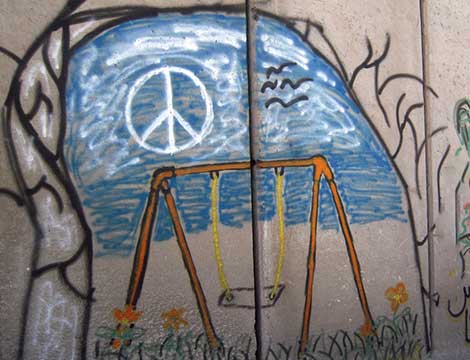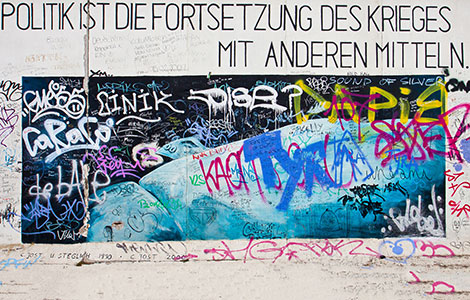
This article was originally published by IPI Global Observatory on 6 April 2017.
Once more, the Arab Peace Initiative of 2002 is taking center stage. Palestinian Authority (PA) President Mahmoud Abbas insisted during his speech before the recently concluded Arab League Summit in Jordan that the initiative is the only solution on the table; asserting that it will not be changed or even tweaked. But why is this initiative, which was put forward by Saudi Arabia 15 years ago, now infused back into the already congested Middle East political discourse, despite the fact that Israel has rejected it repeatedly and the United States has shown little interest in enforcing it?
In March 2002, the initiative, composed of a few sentences, was proclaimed at an Arab League Summit in Beirut, Lebanon. Less than half of the Arab leaders participated in that conference. Head of the PA and chairman of the Palestine Liberation Organization, the late Yasser Arafat, was not allowed to attend. Israeli prime minister at the time, Ariel Sharon, had Arafat placed under house arrest in Ramallah. Sharon told Arafat that if Israel was to allow him to leave he would not be allowed back. Arafat died two years later, amid allegations that he had been poisoned.





